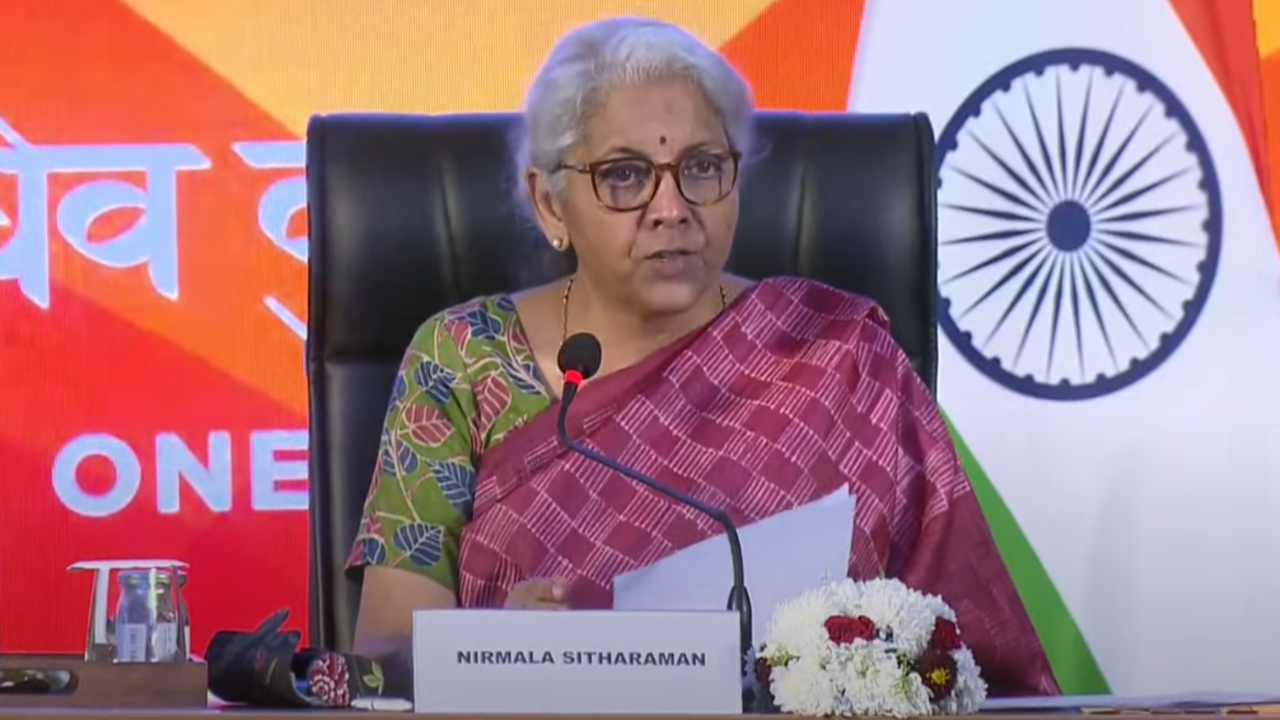Ukraine: G20 meet: All members, except Russia and China, agreed to statement on Ukraine, India says | India News – Times of India

The two-day G20 Finance Ministers and Central bank Governors meeting held in Bengaluru ended on Saturday without a joint communique after differences over how to describe Russia’s invasion of Ukraine could not be bridged.
No consensus
The lack of full consensus among G20 members meant that current bloc president, India, resorted to issuing a “chair’s summary” in which it simply summed up the two days of talks and noted the disagreements.
The G20, formed over two decades ago to tackle economic crises, has increasingly struggled to reach consensus among members.
Finance minister Nirmala Sitharaman chaired the First G20 Finance Ministers and Central bank Governors meeting.
The summary stated that most of the G20 nations except Russia and China “strongly condemned” the war in Ukraine and reiterated their demands for Russia to withdraw from Ukraine.
India reiterated the language used in the G20 leaders’ declaration in Bali last year regarding the conflict and acknowledged that the bloc was not the appropriate forum to address security issues. However, India also recognised that such issues could have significant consequences for the global economy.
India has kept a largely neutral stance on the war, declining to blame Russia for the invasion, seeking a diplomatic solution and sharply boosting its purchases of Russian oil.
During the UN vote on February 23, India and China chose to abstain. The majority of the UN voted to demand that Moscow withdraw its troops from Ukraine and cease hostilities.
The summary released on Saturday emphasised the importance of peaceful conflict resolution, crisis management, diplomacy, and dialogue, highlighting that the current era must not be defined by war.
A footnote in the summary document stated that two paragraphs about the war, which it said were adapted from the G20 Bali Leaders’ Declaration in November last year, “were agreed to by all member countries except Russia and China”.
The two paragraphs are:
- “Most members strongly condemned the war in Ukraine and stressed that it is causing immense human suffering and exacerbating existing fragilities in the global economy ~ constraining growth, increasing inflation, disrupting supply chains, heightening energy and food insecurity, and elevating financial stability risks. There were other views and different assessments of the situation and sanctions. Recognising that the G20 is not the forum to resolve security issues, we acknowledge that security issues can have significant consequences for the global economy.”
- “It is essential to uphold international law and the multilateral system that safeguards peace and stability. This includes defending all the Purposes and Principles enshrined in the Charter of the
United Nations and adhering to international humanitarian law, including the protection of civilians and infrastructure in armed conflicts. The use or threat of use of nuclear weapons is inadmissible. The peaceful resolution of conflicts, efforts to address crises, as well as diplomacy and dialogue, are vital. Today’s era must not be of war.”
At the last G20 Summit in Bali in November 2022, the declaration read: “Most members strongly condemned the war in Ukraine”. However, some member countries held “other views and different assessments of the situation and sanctions”.
The Bali Declaration includes the “today’s era must not be of war” remark made by Prime Minister Narendra Modi during an in-person meeting with Russian President Vladimir Putin in Uzbekistan last year.
Russia, which is part of G20, calls its invasion of Ukraine a “special military operation”.
The two-day meeting in Bengaluru also discussed a wide range of other issues – from debt relief to poorer countries, to digital currencies and payments, reforms of multilateral lending institutions like the World Bank, climate change and financial inclusion.
(With inputs from agencies)
Watch No solution can ever arrive at the cost of human lives: India abstains from vote on resolution over Ukraine at UNGA







